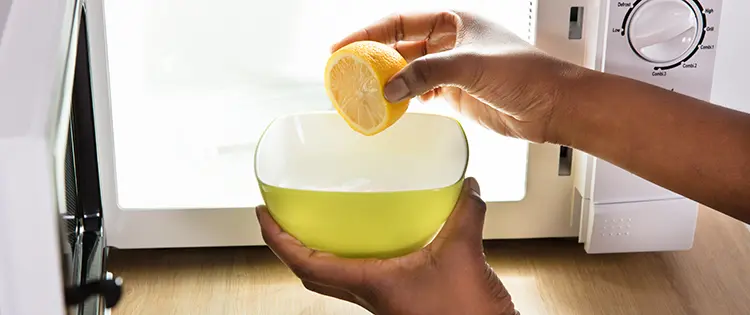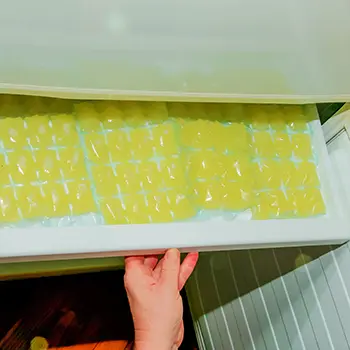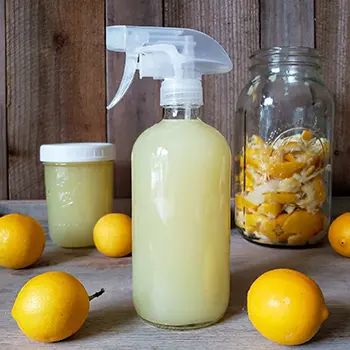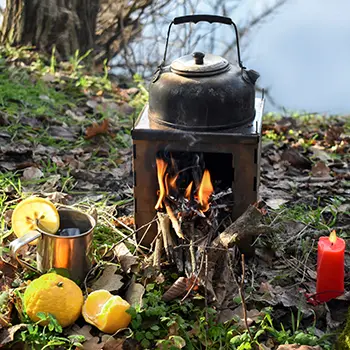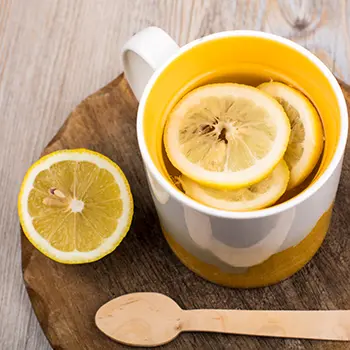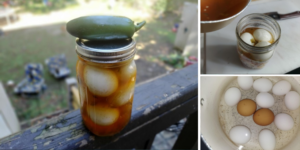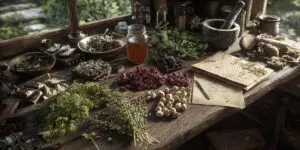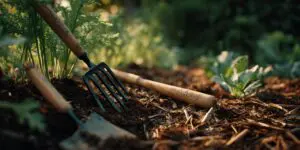Homesteading is all about living off the land and self-sufficiency. Lemons are a common fruit grown by homesteaders but they don’t just make a delicious addition to recipes, there are many uses for them around your homestead. So, if you have an abundance of lemons and you’re not sure what to do with them, here are some tips.
How To Store Lemons
Firstly, to prevent your lemons from going off, you’ll need to store them in the right way. Here’s some advice on how to keep your lemons for as long as possible:
- Freeze Whole Lemons: Place whole lemons in a Ziploc bag and freeze them. They’ll last for up to six months. When you need to use your lemons, remove them from the freezer and thaw them overnight.
- Freeze Lemon Juice: Squeeze the juice into a jug and pour it into an ice cube tray with a lid. Pop-out some cubes when you need to; the juice will last for up to six months.
- Store at Room Temperature: Put the lemons in a basket and keep them out of direct sunlight. They will last for one week when stored at room temperature.
- Store in the Fridge: Lemons will last for up to one month when stored in the fridge.
How To Use Lemons
There are many uses for lemons around your homestead, here are some of them:
Cleaning
Not only will lemons keep your home clean, but they’ll also keep it smelling nice and fresh. Ditch chemically laden products and use a combination of lemon, vinegar, and baking soda for your cleaning duties, here’s how:
- ½ a lemon
- 1 liter of hot water
- 2 tablespoons of baking soda
- ¼ cup of white vinegar
- Lemon rind
Combine these ingredients in a bowl and stir together thoroughly. You want to make sure the baking soda is properly dissolved. The rind enhances the smell. Let the mixture set for 24 hours, remove the rind, pour into a spray bottle, and your homemade cleaner is ready.
Gardening
Lemons can spruce up your garden in several ways, so instead of throwing used lemons in the trash, do this:
- Fertilizer: Lemons are a natural fertilizer because they are rich in nutrients such as magnesium, calcium, and potassium. Make the fertilizer by infusing lemon peels in water and letting them sit for a week. You can then use the liquid to water your plants.
- Soil Amendment: Bury lemon peels in the soil to improve its quality. They will enhance the structure of the soil and add nutrients to it.
- Pest Control: Lemons act as a repellent for insects such as slugs, snails, and ants. Scatter lemon peels around your garden or spray plants with lemon juice.
- Weed Killer: Get rid of the weeds in your garden by saturating them with lemon juice. The acid will dry out the leaves and you’ll have a weed-free garden in a couple of days.
Fire Starter
Lemons have some interesting uses, and one of them is to start fires. Here’s how:
- Slice a lemon in half and scoop out the pulp
- Fill the skin with vegetable oil or another flammable liquid
- Put a wick in the middle of the rind
- Light the wick and you can either use it as a fire starter or a natural candle
Preserve Food
As mentioned, one of the main aims of homesteading is self-sufficiency and a great way to achieve this is by preserving food with lemons. Here are a few tips on how to do so:
- Add lemon juice to homemade jellies and jams to improve the flavor and help them set.
- Prevent foods such as apples and pears from browning by adding them to a mixture of lemon and water and storing them in the fridge.
- Pickling is a tasty way to preserve fruits and vegetables. Adding lemon juice to the pickling brine will help enhance the flavor and prolong its shelf life.
- If you make homemade hummus, you can preserve the dip by adding lemon juice to it.
Medicine
Lemons are an ancient remedy that provides relief from various ailments. However, before using lemon to treat a condition, please see your doctor. Here are some tips on how to use lemons for medicinal purposes:
- Sore Throat: Combine warm water, honey, and lemon juice, and drink every four to six hours to soothe a sore throat.
- Liver Detox: Lemons are high in vitamin C, they also contain limonoids which stimulate detoxification and help the liver function effectively.
- Cuts and Burns: Lemons help disinfect minor burns and cuts. However, it’s important to dilute the lemon before applying it to the skin to prevent further damage.
- Laxative: Lemon acts as a natural laxative and will help relieve constipation.
- Digestion: Lemon water helps improve digestion by alkalizing the body.
Final Thoughts
As you’ve read lemons have several uses and make a valuable addition to any homesteader’s tool kit, providing a cost-effective and natural way to enhance your life.
You may also like:
Similar to Morphine: The Best Natural Painkiller that Grows in Your Backyard (Video)
Vegetables You Didn’t Know You Could Turn Into Remedies

